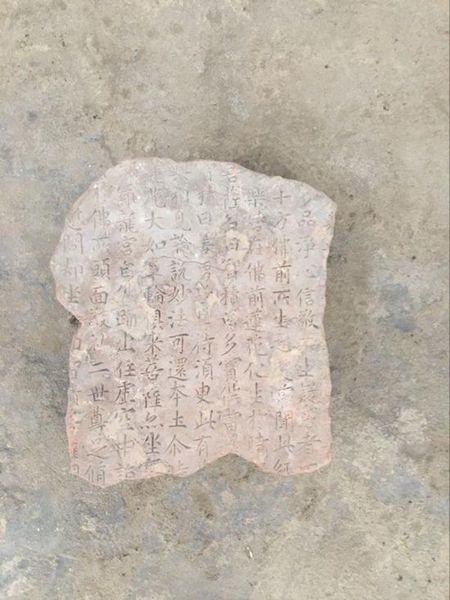The Chinese leadership has stressed the role of supervision in implementing reform on various occasions, especially at meetings of the Central Leading Group for Deepening Overall Reform.
In the public reports of all 35 meetings of the group, the word “implement” has appeared 219 times, and the word “supervision” showed up 69 times.
All departments and localities should attach greater importance to delivering reforms and devote more efforts to examining reform effects, President Xi Jinping said on April 18, 2017 during the 34th meeting of the leading group, which he heads.
“We need to gather enough people to strengthen the supervision force in order to supervise the implementation of major reform programs. Supervision goes wherever reform goes,” said Xi on the fifth meeting of the Central Leading Group for Deepening Overall Reform on Sept. 29, 2014.
Over the past three years, the Communist Party of China (CPC) Central Committee has regarded supervision as a key part of work that should constantly be improved.
— During the group’s 21st meeting on Feb. 23, 2016, the leadership highlighted improved supervision and evaluation of reform, stressing that all departments should ensure plans are well documented, and any mistakes or deadline breaches are dealt with accordingly.
It noted that only truly effective reform will boost social and economic development and give people real benefits.
— On July 22, 2016, a report on supervision of reform efforts in all departments was approved at the 26th meeting of the leading group.
Supervision should target major reform tasks, progress and effectiveness. It should also supervise officials’ awareness of reform, their division of duties and work styles, said a statement issued after the meeting.
— On March 24, 2017, the leadership emphasized the importance of implementation, urging leading officials to keep in mind the overall situation while pushing forward with reform at the group’s 33rd meeting.
At the meeting, senior officials reported on the progress made in reforms in environmental protection, the judicial system, poverty relief, rural affairs, the Shanghai FTZ, state-owned enterprises and others.
Leading officials must refine the implementation process to ensure results, improve coordination between various reforms and focus on the most important and difficult issues, according to the meeting.
— At the group’s 34th meeting, the leadership stressed the role of supervision in implementing reform, demanding such work be carried out with a wider and deeper scope to detect and solve problems.
Authorities should review the results regarding major reforms and “intricate matters,” according to a statement issued after the meeting.
The group called for timely corrections to problems uncovered during supervision, and those found to be making insufficient efforts should be called to account.
Leading departments and local authorities were also ordered to regularly track reform implementation and report the effects.
